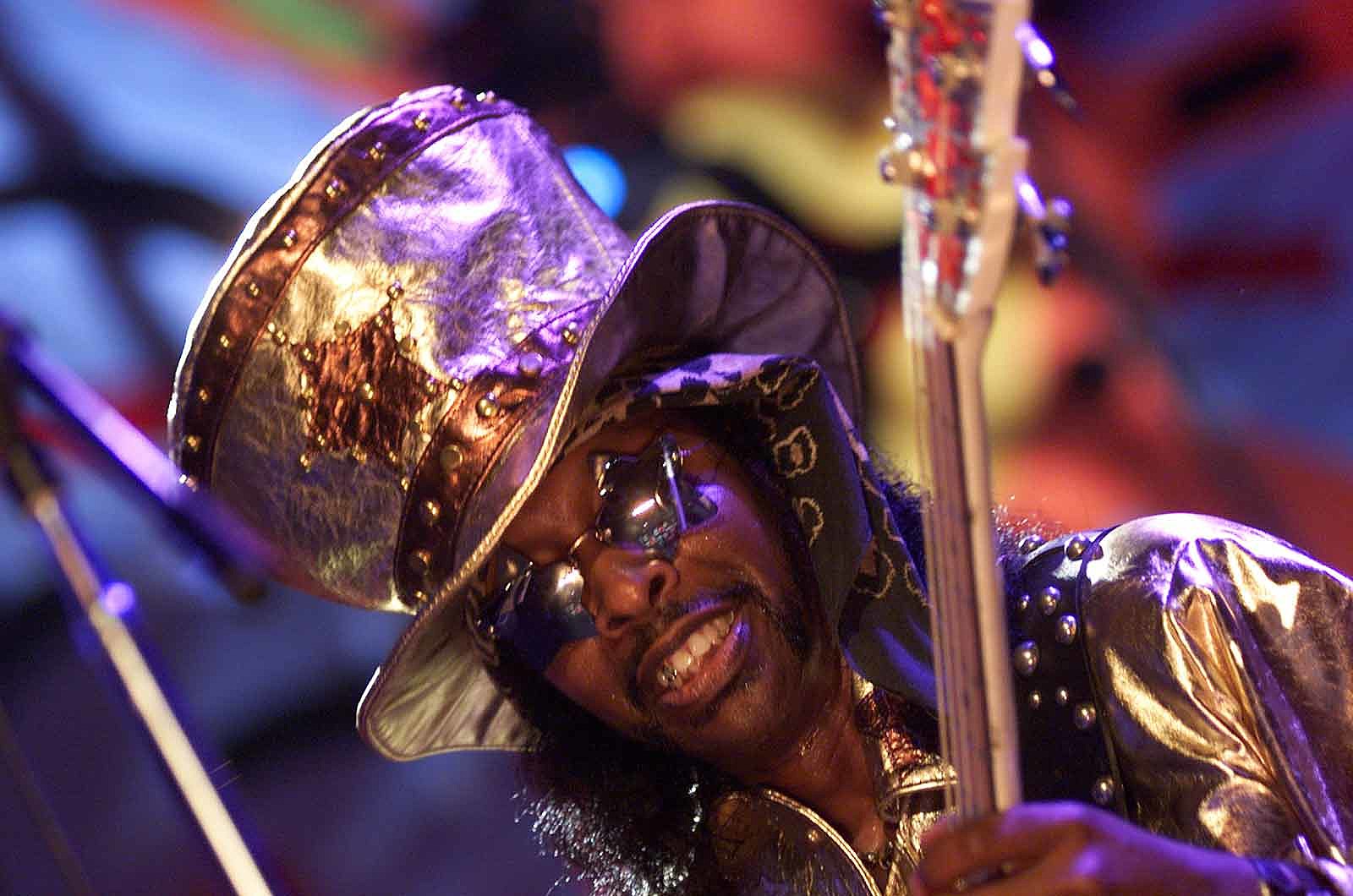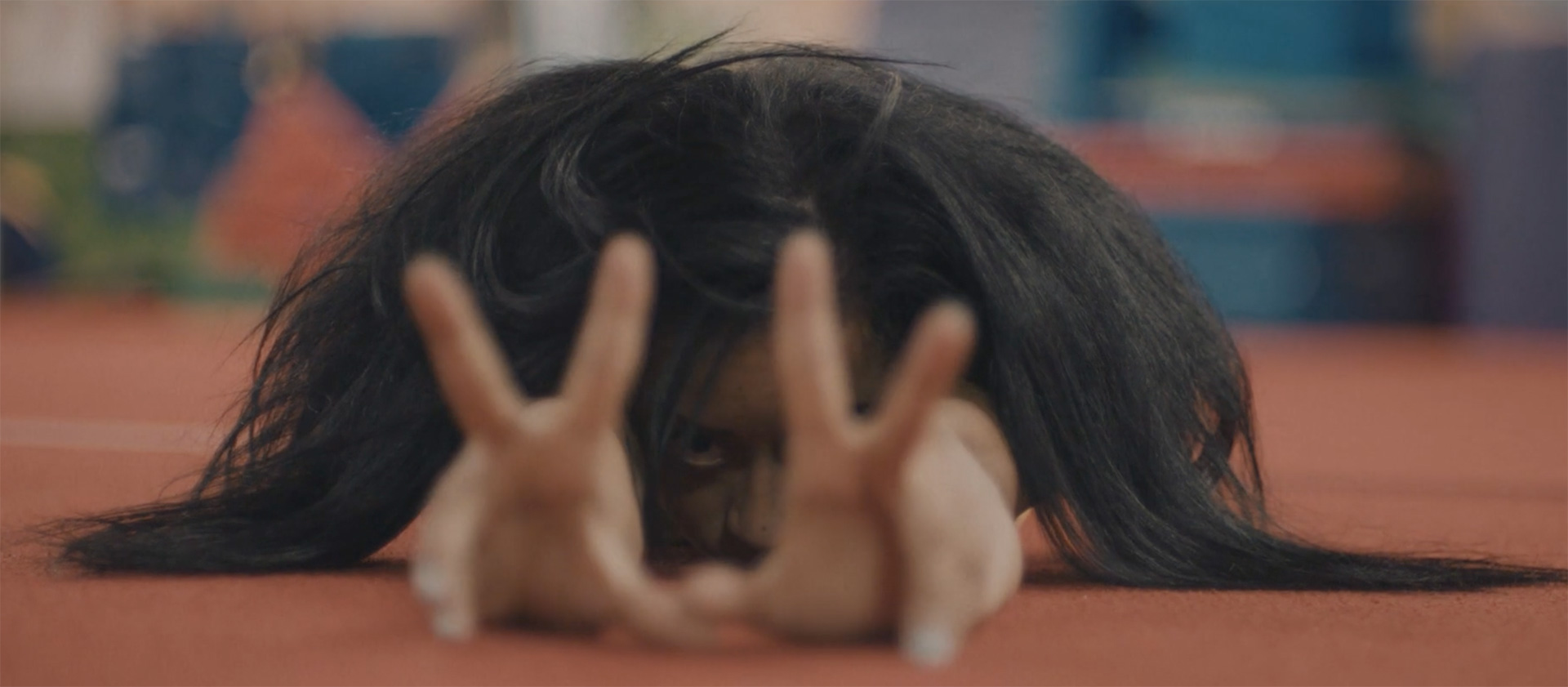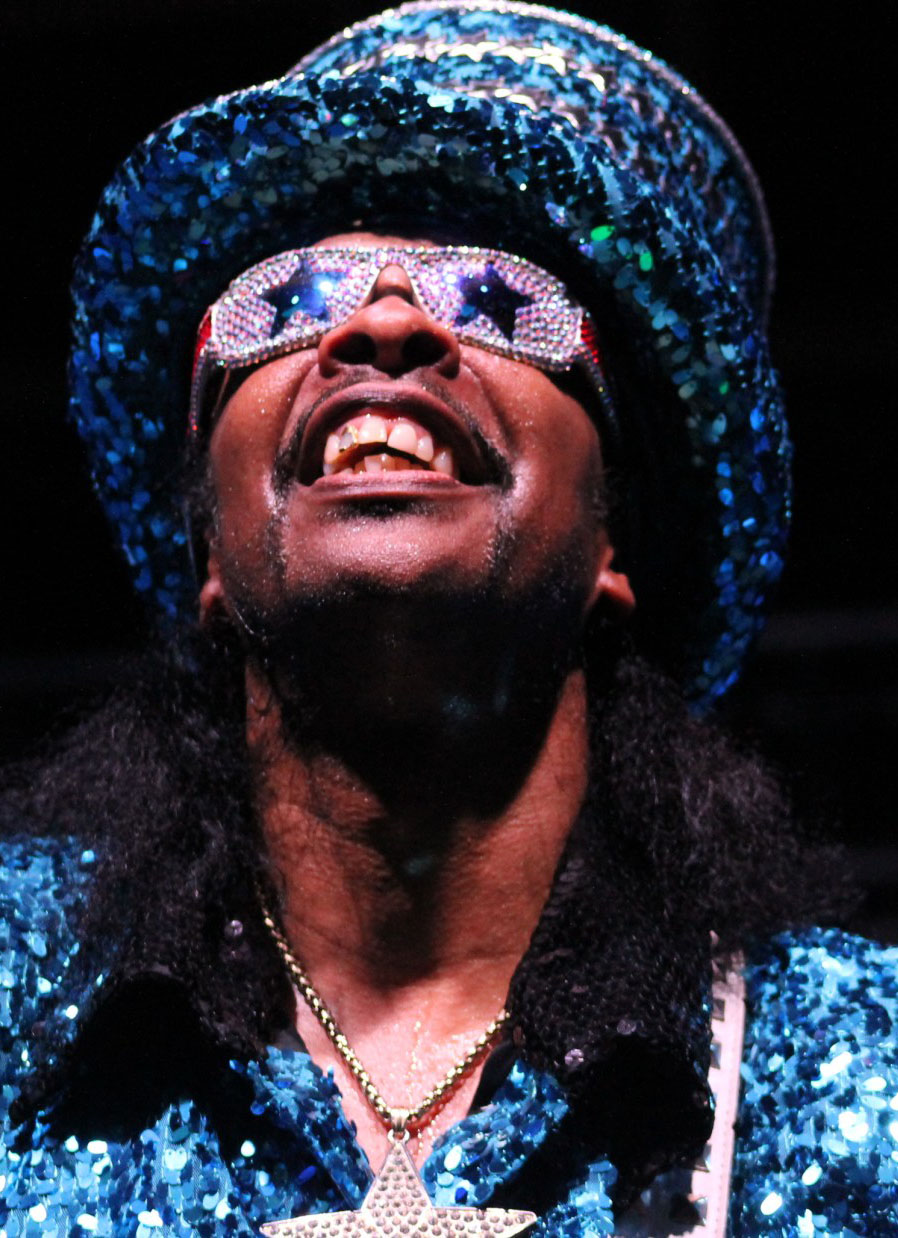Program Description Soul music stretches to create a rock and roll revolution in rhythm and attitude in the '70s. Filmed in new york, san francisco and philadelphia, the program also examines how funky dance hits blazed a musical trail to the disco craze of the late '70s. We were recording at King Records, which happened to be over in Cincinnati, Ohio, which happened to be where James Brown recorded his records. So, that was our opportunity to get on the big stage. We knew that, so we hung over at King Records every day after school, waiting and watching for anybody. We happened to run into a guy called Charles Spurling, who was an A&R guy.
And he liked us, he had heard about us, he wanted to come and hear us. So we invited him down to a club and he came down and checked us out. He said, "Man, you cats have got a whole new energy, you've got the rhythm thing you all got. I want ya'll to be my band over at King Records." So, that started it, we went over to record some stuff at King Records with him. Once we did that, all the other producers there – Henry Glover, who produced Bill Doggett, Hank Ballard, Arthur Prysock, a whole slew of mugs.
He was the first black country & western, soul, gospel, jazz producer, we had a chance to play on all these records before we got with James Brown. So, we got to learn discipline by coming in the studio and vibing, like we did last night. You come in the studio and vibe, because we didn't know what was gonna happen. All we know is we've got our instruments and if you allow us to play, we're gonna tear this mother up!
So, we took that attitude wherever we went. But at the same time, give us a chance and we'll show you. He's eight years older than I am, Catfish Collins. I was just a young, long-haired sucker that looked up to his brother, didn't have a father in the home.
You know how young boys look up to their brothers and want to be like them? That's what really inspired me – him. You didn't get music like you get it today, it was kind of far and in between. First of all, we didn't have a radio. You'd hear music coming from a club or the house of someone who could afford a radio or record player.
So, we just had to get music however we could get it or listen to it however we could hear it. Every now and then, my brother would come and practice at the house, and that's where I witnessed music firsthand and how it affected people. I wanted to be like that, I wanted to be cool like that. Especially the jazz players, they werereally cool. They had such an air about them.
Not only my brother, there was this guy called Wilbert Longmire. He was a jazz player out of Cincinnati, Ohio, he became really big. He was bigger than George Benson. George Benson took what he was doing and just blew it all the way up. But Wilbert was a local guy who could play like that, but never stepped out.
We've got a lot of those musicians, who are great at what they do but get distracted by the home life, different things, they'd get a little distracted and so you don't step out. So, he didn't step out and George Benson stepped out and just smashed. We were a local band that decided to step out and the way I got to be with my brother was I had to prove to him that I was worthy. You know, because big brothers are just, "Ah no, you get out of here." I was young.
I was nine, I started messing around with the guitar when I was nine years old, and I started sneaking my brother's guitar when he was on his paper route. So, while he was gone, I'd get my brother's guitar out the closet, but the deep thing unbeknown to me was, he knew how he had his guitar packed. Any little move he'd know someone had been messing with his guitar.
You don't funk with nobody's funk. Our biggest one was "Sex Machine." That was the first to get international attention. That was done after we did a gig. Most of the sessions were after a show. James was always into not letting us have wild fun and hanging out with girls.
As you know, you and the fellas, I just don't know about you cats, man. You're young, you want to get out there, drink a little bit, have a bit of this and that. But we were known for that and James wasn't down with that. He knew if we got distracted we were gonna miss some of those hits he was doing. So, what he'd do was take his time, then take us to the studio, and in the studio we'd rehearse or record something. With "Sex Machine" we were on our way to the studio and we were riding a bus, from the gig, and he said , "Bobby, gimme something to write with." He got a brown paper bag, tore the paper bag in half and he started writing.
Bootsy, Catfish, come on up here." Man, when I talk like him, it's… man! He said, "Come on up here." We went up in the bus, sat right behind him and Bobby Byrd, and he wrote the lyrics. Get on up, get on up…" That was our thing, so we had to read his body language. So, it was like being in Japan and you don't know the language. You have to interpret what he's doing, what he's feeling, what he's saying.
" "Yeah, yeah, yeah, that's it, that's it. That's it, son," , and then I'd fall in with the bass thing. "Yeah, Bootsy, Bootsy, Bootsy, you're killing me, you're killing me!
" So, we started right there, and we'd take that to the studio. Once we got to the studio, we had a good vibe of where we were going. That's pretty much the way we would start it up. Some of the times we would go to the studio and we might be rehearsing on something, and James might hear something and go, "Uhh, right there, right there. Just do that." And then that would become a song. That's kind of how we record now.
Of course, we've got all the goodies to help us. But then it was right off the top, and you had to do it until you got it right. It wasn't like you could walk in the studio and bam, there it is.
You might come up with the thang, but you have to make it perfect. We all wanted it that way, too, so that was another good point. The groove gets heavier and eventually goes into a dramatic climax, with Collins' fuzzy bass tones intertwining with Jerome Bailey's frantic drumming. This remains the peak of Collins' improvisatory approach as a musician.
Ironically enough, this is not even a ballad devoted to sex, as its metaphorical lyrics would lead one to believe. It happened to be recorded one night when Collins and his band were tuning up their instruments and it turned into a jam devoted to his love of the bass. At any rate, it became the anthem that all funkateers, lovers, and rockers worshipped alike. The masterpiece concludes with the album's second single, "Can't Stay Away," a sweet ditty with a groove that paid homage to Collins' early days as a J.B.'s disciple. There is a strong Detroit soul influence that creeps in the song, as Collins, Mudbone, and Robert "P-Nut" Johnson trade vocal leads, in true Parliament tradition.
Matthew Sweet – Wicked System of Things After a delightful trio of covers albums with Susanna Hoffs, Matthew Sweet finally pivoted back to his solo career. That return featured so many ideas and guests it was split across two albums, Tomorrow Forever and Tomorrow's Daughter. The Tomorrow follow-up features Sweet stripping down and rocking out in a trio. Wicked System features some Sweet's most aggressive playing in nearly a decade, but just because the riffs are harder doesn't mean the album is lacking Sweet's power pop chops. "Eternity Now" and "Backwards Upside Down" are great pop songs that could easily slot alongside his '90s work in a setlist. "It's a Charade" is a deceptively sunny protest song, thanks to the cheery backing vocals on the chorus.
Wicked System of Things snuck out as a Record Store Day release. I'm not sure it is on streaming platforms, but it is definitely worth seeking out if you are a fan of Sweet or power pop. You can't control this creative force; nobody can. With all the examples we get, haven't we learned anything yet?
It ain't about controlling nobody. It's about having fun with each other, sharing with each other, and not dictating. "I own you." "No, you don't own me! " That's the crap we've been put on.
It's not just musicians and artists, it's the world. But I think musicians and artists can help change that. That's what I'm looking forward to, is first for us to get that out of our minds.
When you're in a studio, it ain't about dominating, unless you're called on. When you're called on to dominate, like we did last night. It's like, "OK, who's gonna step up? " Everybody started looking around, then Nick said, "OK, I've got this." He stepped up.
Because certain times you have a thing and you want it to go a certain way. But as long as you develop the attitude of service, the attitude of, "What can I do for you today? " I walk in the studio and it's, "What do you want me to do?
" "Oh man, we want you to just be you." "Well, that don't tell me nothing. What do you really want me to do? " That to me is where we can grow and be the leaders of tomorrow. Not controllers of them all, but leaders.
And that's what we need out here now and that's why you're all here. It might be under the disguise of music, but at the same time as people, we need to all grow. We've got to continue to do that. I don't know where all that rap came from, but there it is.
Alex Chilton – Songs from Robin Hood Lane What is it about the Great American Songbook of the 1930s to '50s that compels repeated interpretations? Late in his recording career Alex Chilton drew from this well for two solid albums. The output bears absolutely no resemblance to the power pop that Chilton created with Big Star or the blue-eyed soul he brought to the Box Tops. While no one would confuse him with Grant Green, the albums do reveal Chilton has decent jazz guitar chops.
Chilton's phrasing and vocal delivery also depict him as someone completely at home in this style of music. The title of this collection holds the key to Chilton's comfort with these jazz standards. Robin Hood Lane was the name of the suburban Memphis street where Chilton grew up hearing his mom play these classic songs endlessly. Come to this collection not expecting "September Gurls" or "Cry Like a Baby," but with an open mind to hear another facet from a criminally neglected artist.
And Africa, man, I think it was Fela Ransome then, later Fela Kuti, he invited us to his club. He was known as the James Brown of Africa, and, man, he invited us to his club. See this space here, but it's like maybe eight times bigger.
And the roof – there was no roof, it was sky and stars, so when you look up it's like you're outside. All you could hear on the way to the club is these rhythms and you'll be talking to whoever you're talking to and you're just grooving for no reason. Then when you get to the club and you see all these cats on the drums and they had guitars and basses. All we knew was Tarzan and Jane in Africa, that's all we knew. So when we got to Africa and saw all this, it was, "Oh, my god!
That's one thing that changed my life. I can say it probably had a deep effect on my life. The rhythms that they were doing, even though we didn't have tape recorders and stuff like that, we were good at keeping things in the mind. Our minds were sharp, because we had to use them.





























No comments:
Post a Comment
Note: Only a member of this blog may post a comment.